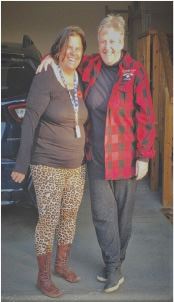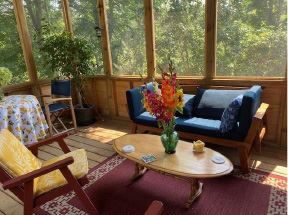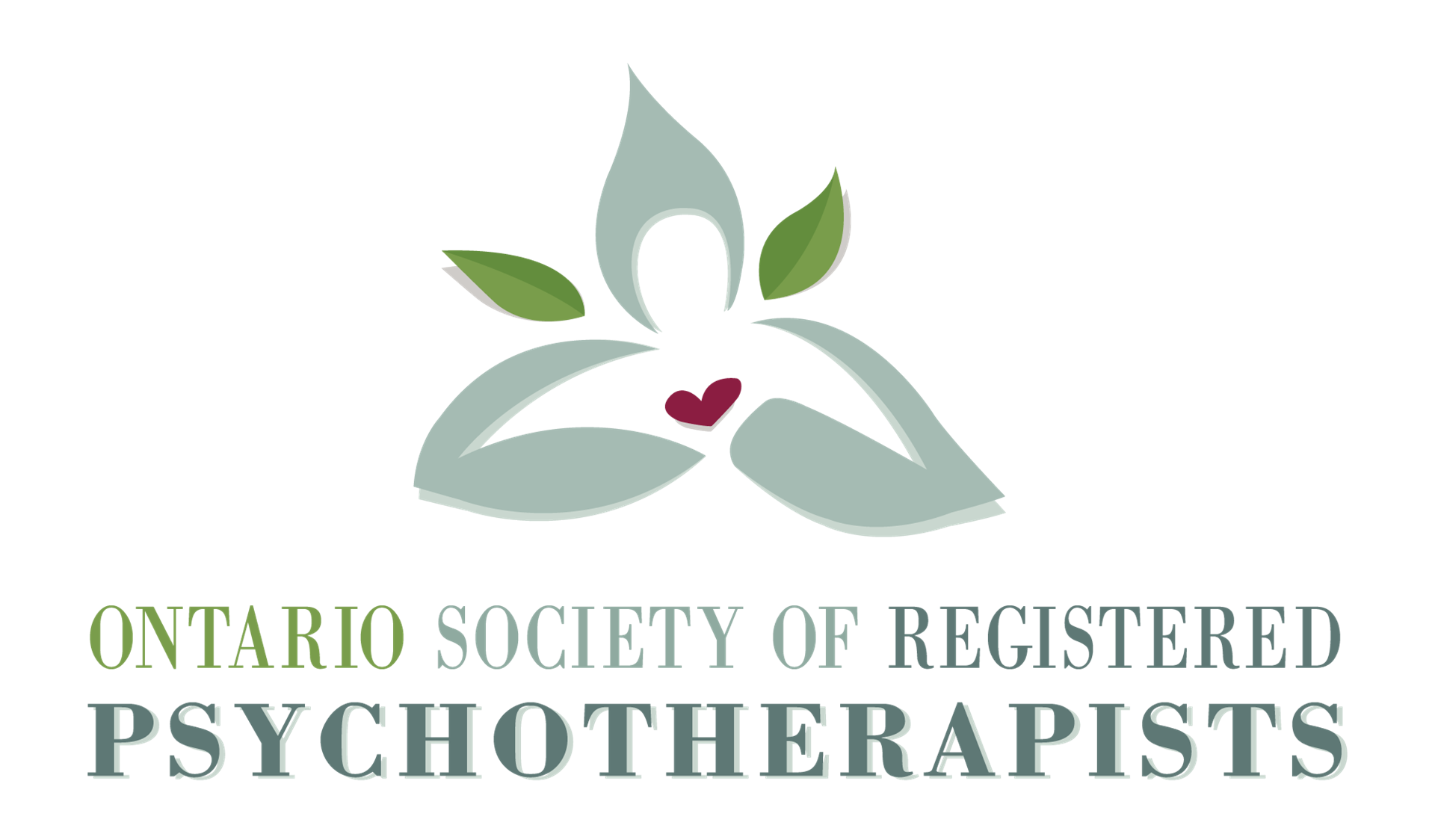by Gwen Shandoski, RP, M.Sc.
Moving my practice out of Toronto to Picton was hard, unplanned, unknown.
I always thought being a psychotherapist meant living in Toronto. My future was me, 80, in my basement office in Leslieville in the city’s east end, seeing clients face to face.
When the world shut down, anything seemed possible.
I had never worked virtually before. Once I used Zoom to meet new clients and it worked, I downloaded real estate apps. I checked out gorgeous homes on Haida Gwaii, waterfront in Newfoundland and Muskoka. Old homes in Goderich. California for kicks. Winnipeg, Sudbury for a change. Window shopping a new life was a fun way to spend those lockdown evenings.
What I could not know or google was — what is it like to work and practise psychotherapy outside Toronto?
 I picked a town based on activities I enjoy — coffee shops, an active movie theatre and film community, artists, and a bookstore. Prince Edward County had all those.
I picked a town based on activities I enjoy — coffee shops, an active movie theatre and film community, artists, and a bookstore. Prince Edward County had all those.
Dissociation wore off as soon as our offer on a Picton house was accepted. I panicked and said to my partner, I can’t do this. Thoughts jammed. A vision of me working as a psychotherapist outside Toronto was not there. I’d depended on the senior therapists who trained me to demonstrate life as a psychotherapist. I had not seen any RPs living rurally without commuting to work.
photo: Gwen (left) and her partner, Barb Hannah, on “move day,” realizing that they accidentally dressed as “City Mouse” (Gwen) and “Country Mouse” (Barb).
However, I took the leap. I was soon discouraged from trying to share an office with a therapist renting on Main Street. The rules were that no other therapist could be in that building. My friends from Picton kept assuring me there was work and possibilities for office space nearby.
Eventually, I rented an office by the water and hung my shingle. I had many inquiries and enough referrals this winter. Few this summer.
I’m finding my footing here. I volunteer at a queer youth group out of the library. I was hired for the "Arts Together" pilot program to facilitate connectedness and expression through art for those at risk of social isolation and mental health challenges (not therapy though). Once funding is secured, I have the promise of 20 hours of expressive arts therapy work at an afterschool program for young girls.
 My rent is paid but there’s room to grow. I’ve left my card at coffee shops and other local spots. I need to do more. I have savings after selling our house, so retirement is a possibility at some point. I am living a good life in a beautiful part of Ontario. One I hope to enjoy for the next 15 years.
My rent is paid but there’s room to grow. I’ve left my card at coffee shops and other local spots. I need to do more. I have savings after selling our house, so retirement is a possibility at some point. I am living a good life in a beautiful part of Ontario. One I hope to enjoy for the next 15 years.
photo: Gwen’s porch for group work
If you are interested in forming a group to support rural therapists, please check the OSRP Listserv for details.
Would you like to write about your experiences and POV for this newsletter? We would love to work with you! Please email us with your ideas at mail@psychotherapyontario.org and let’s get writing!

